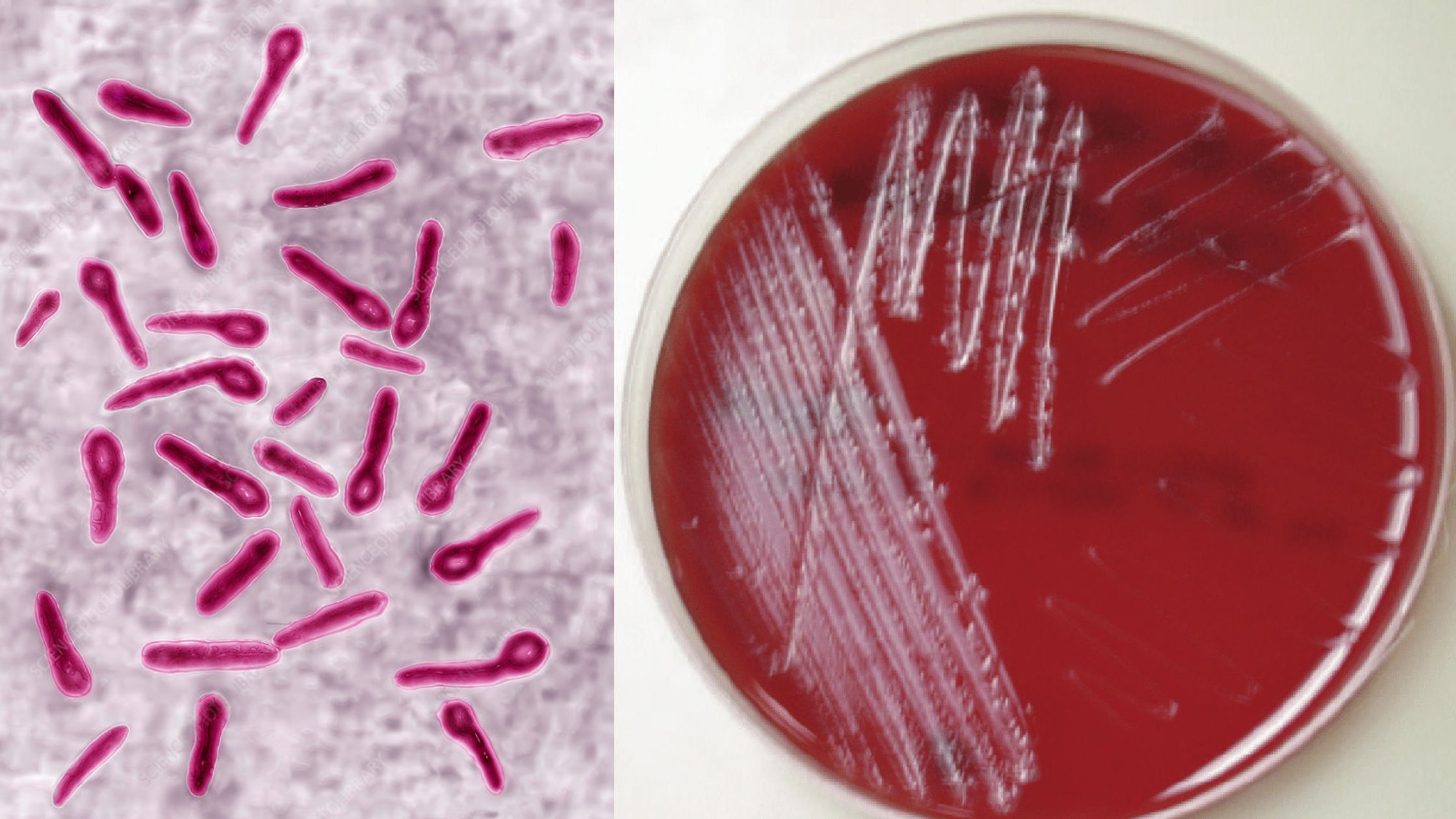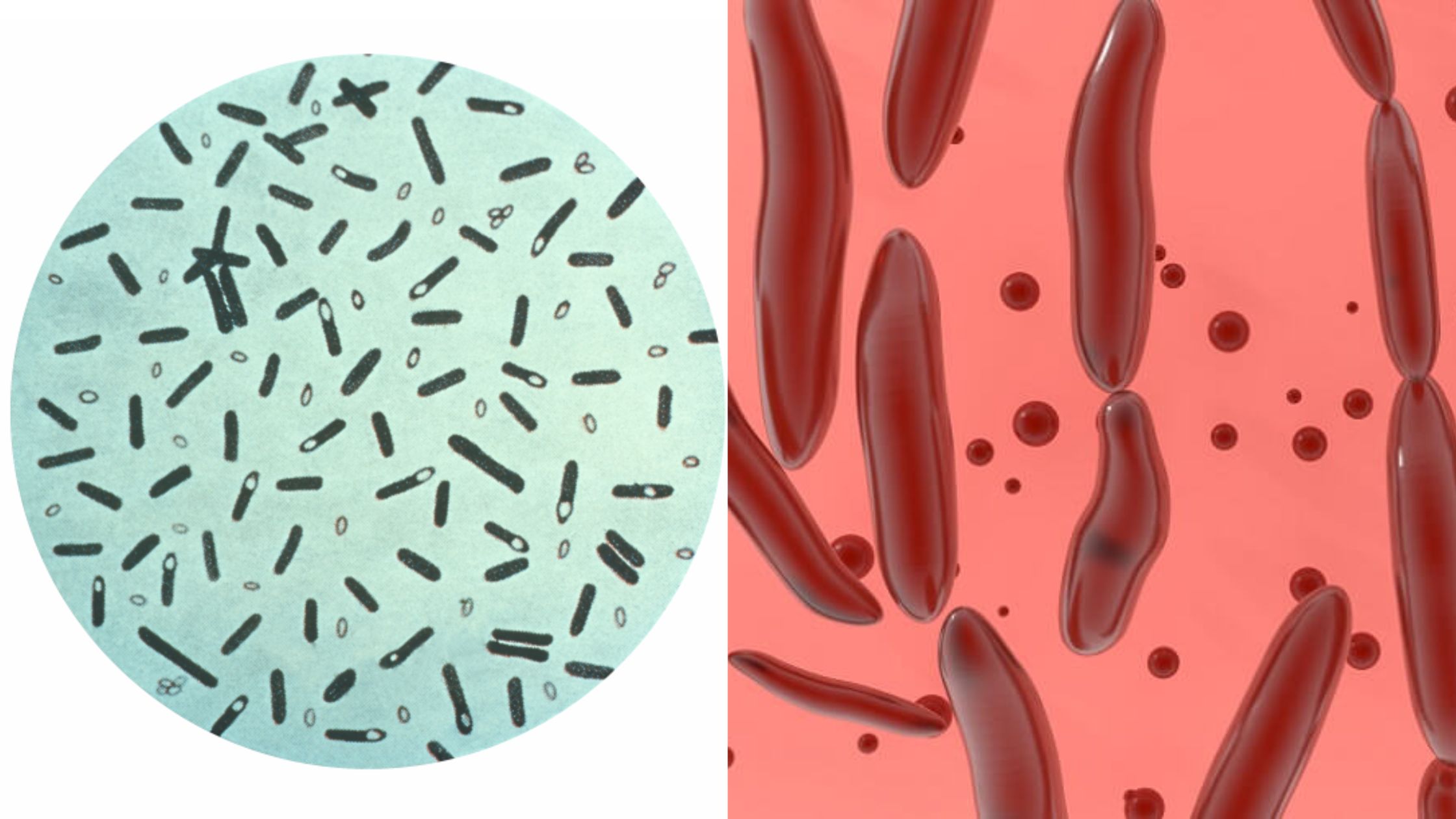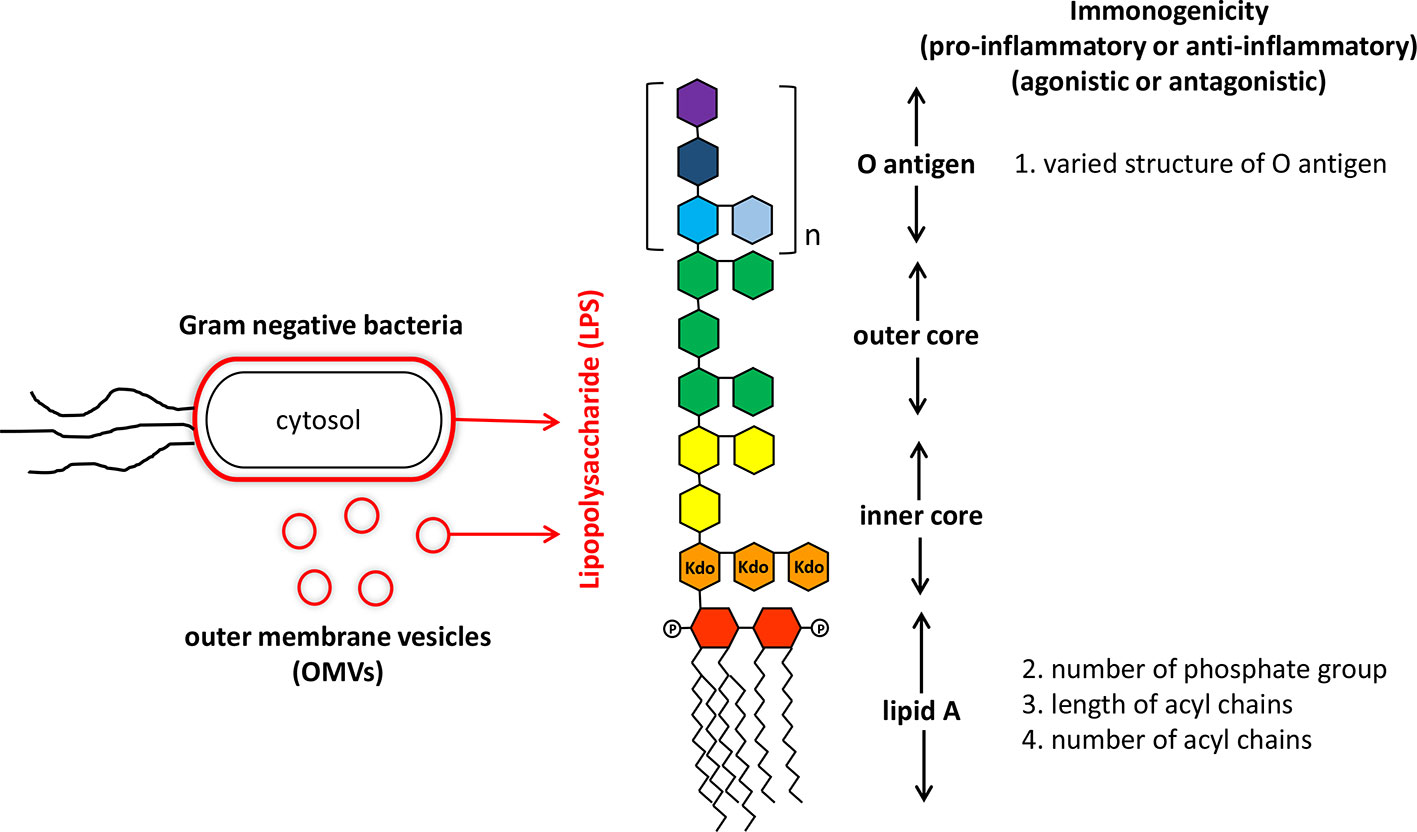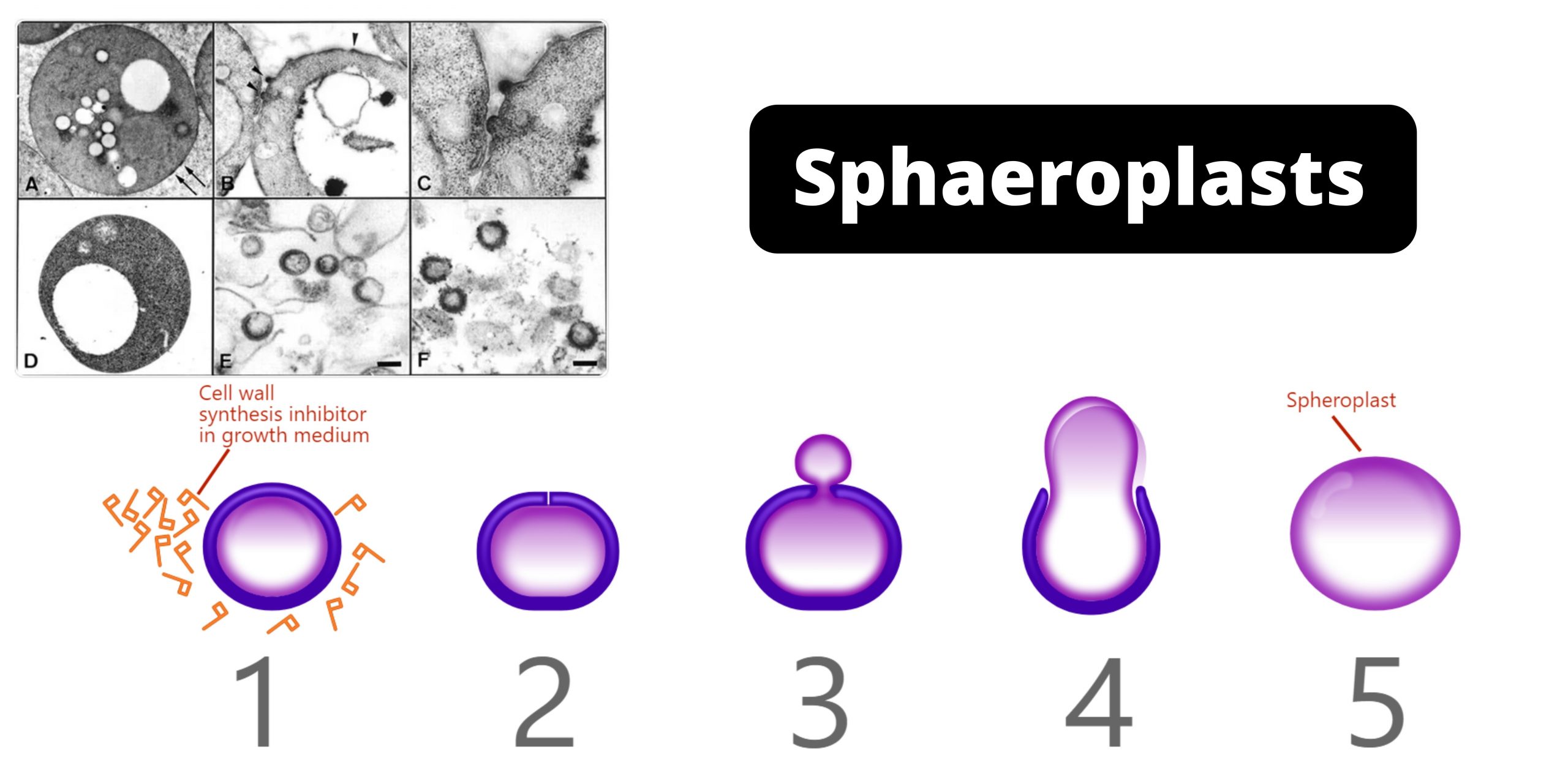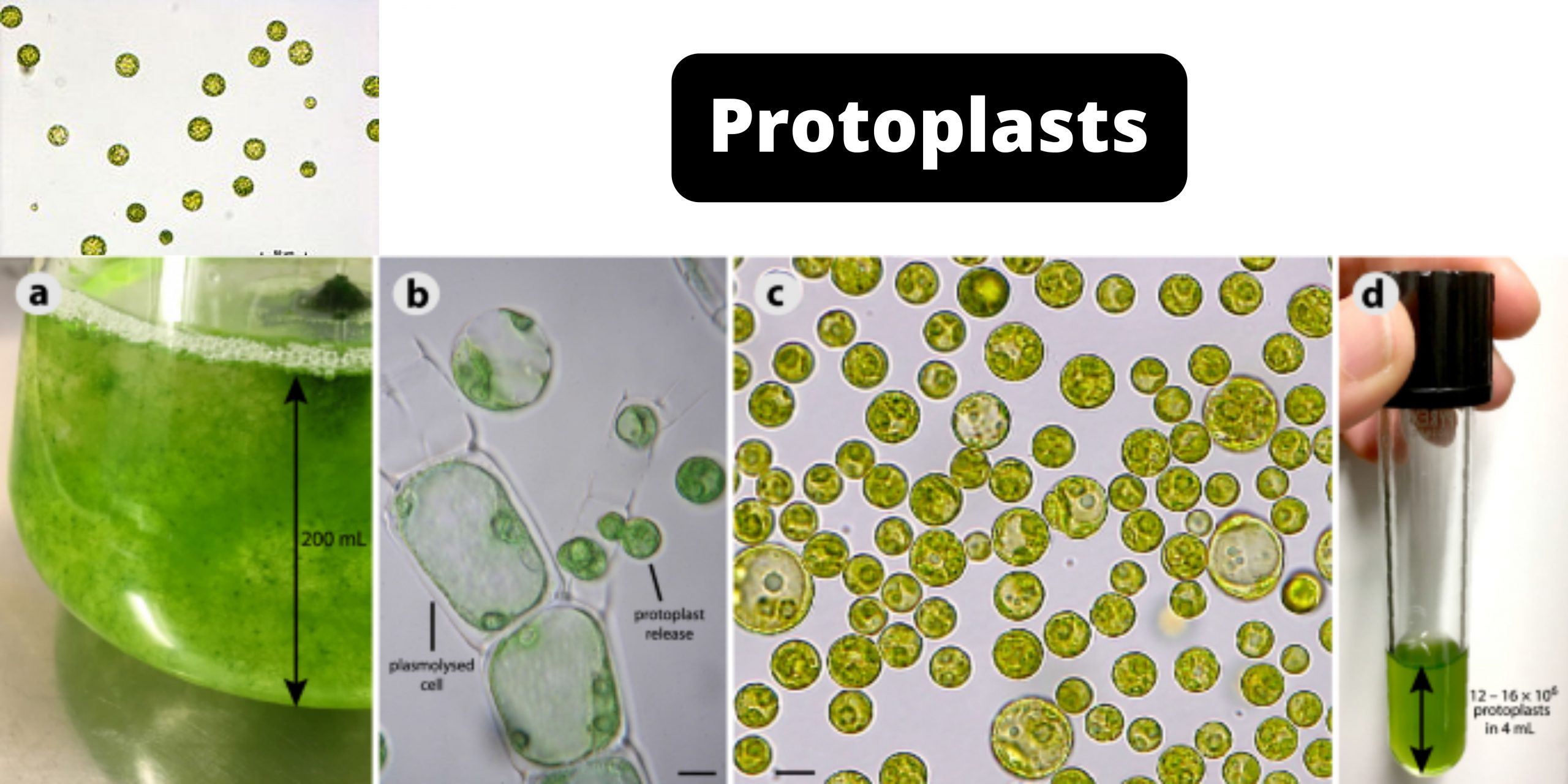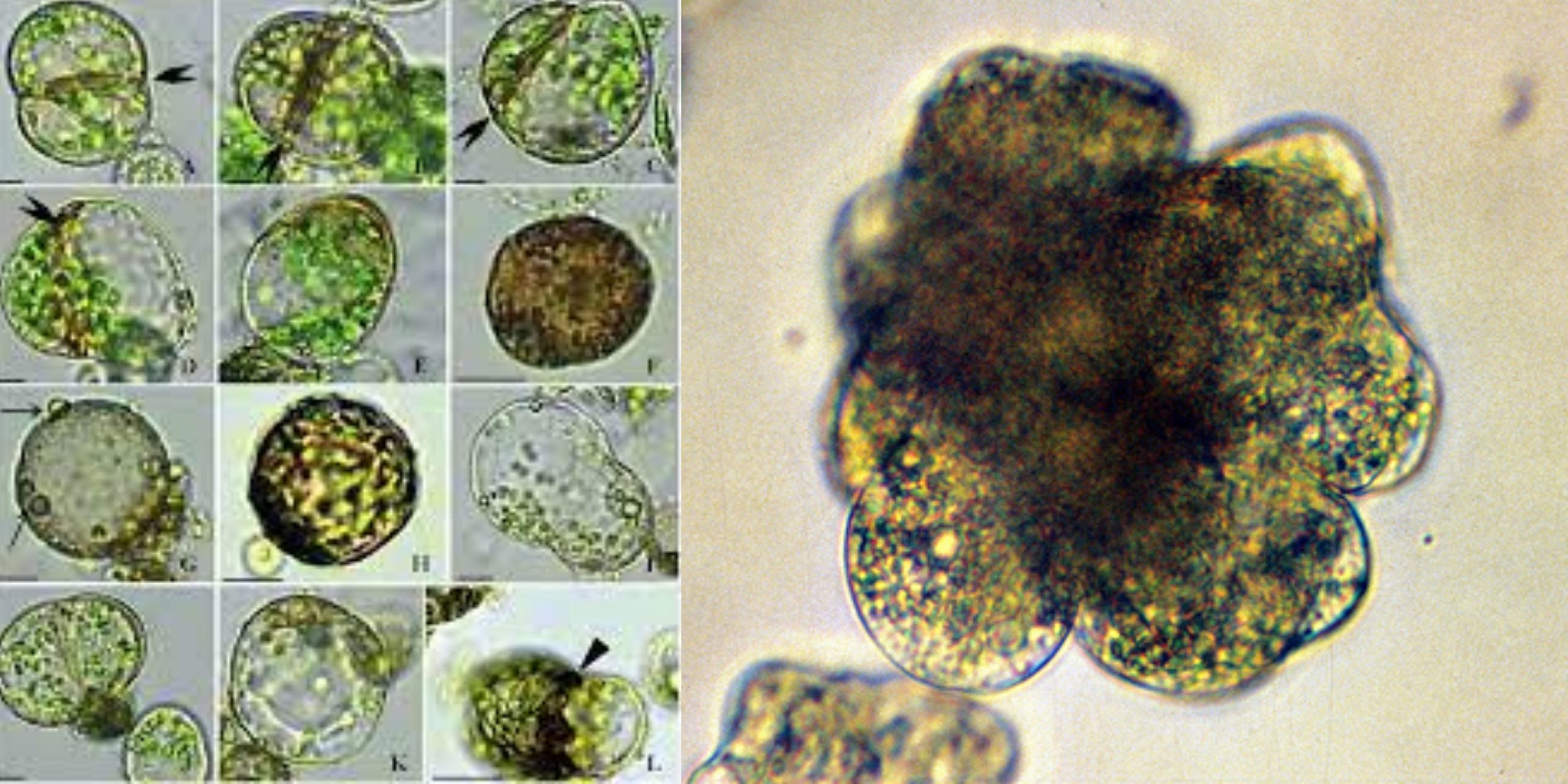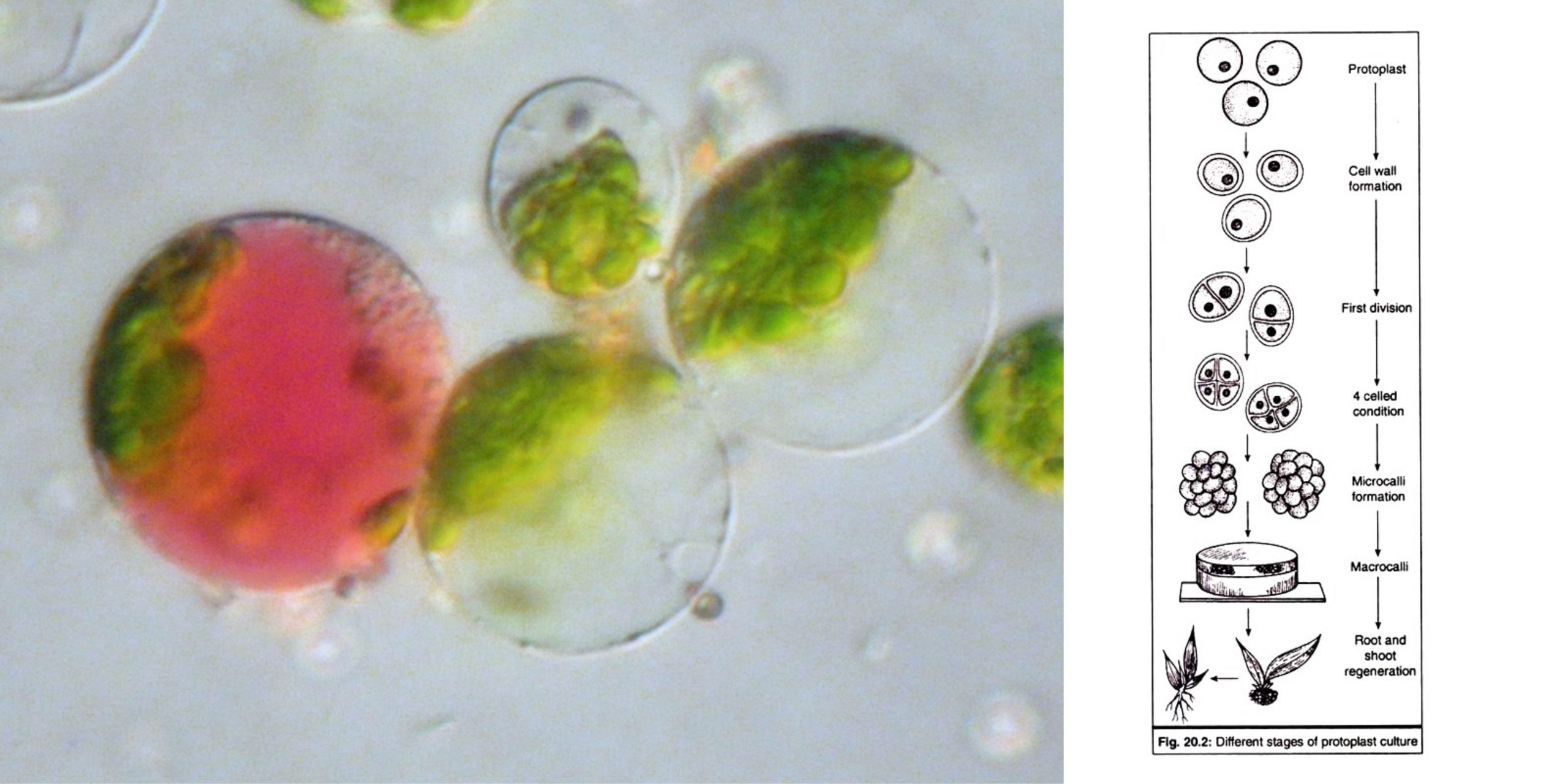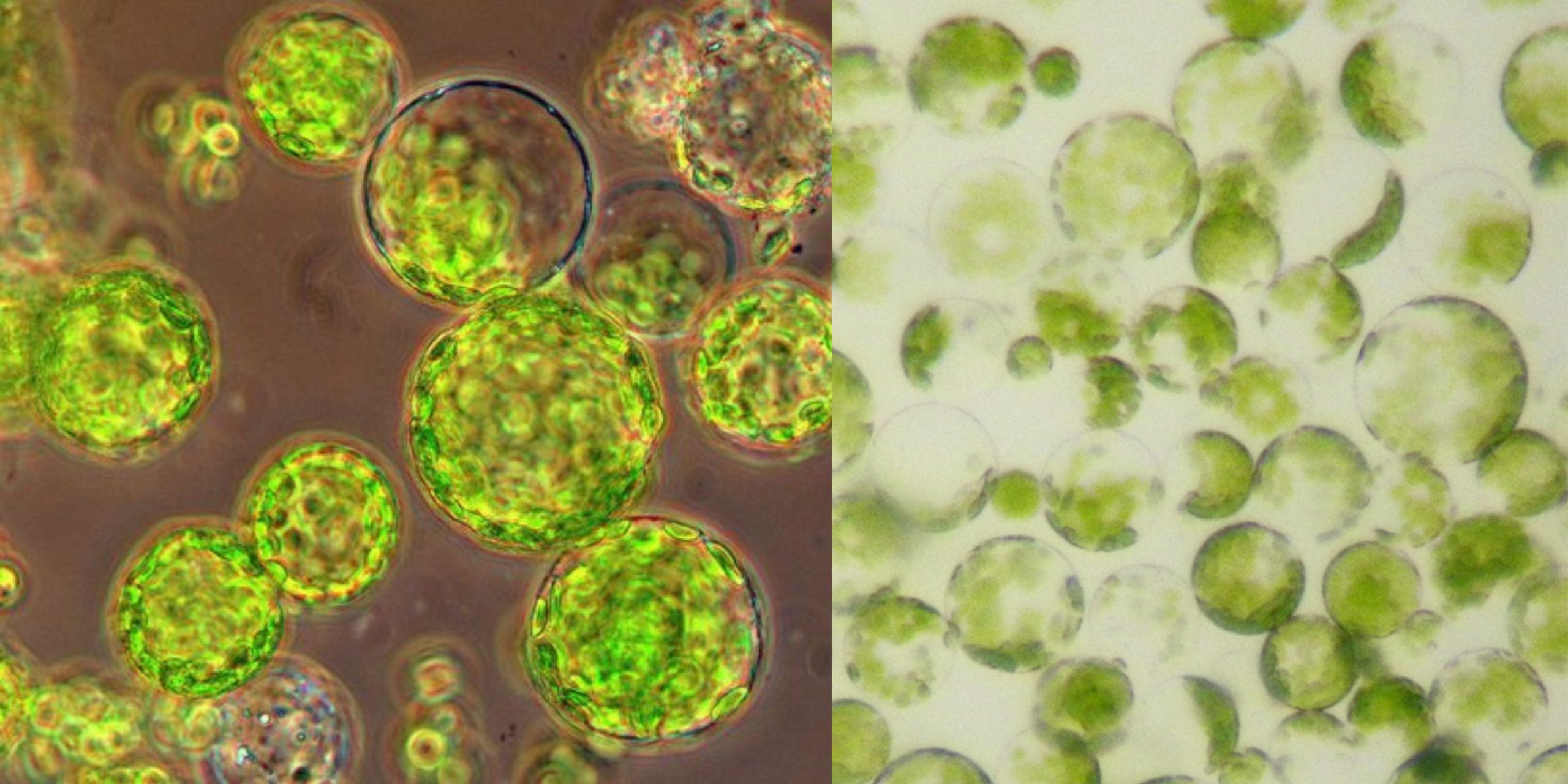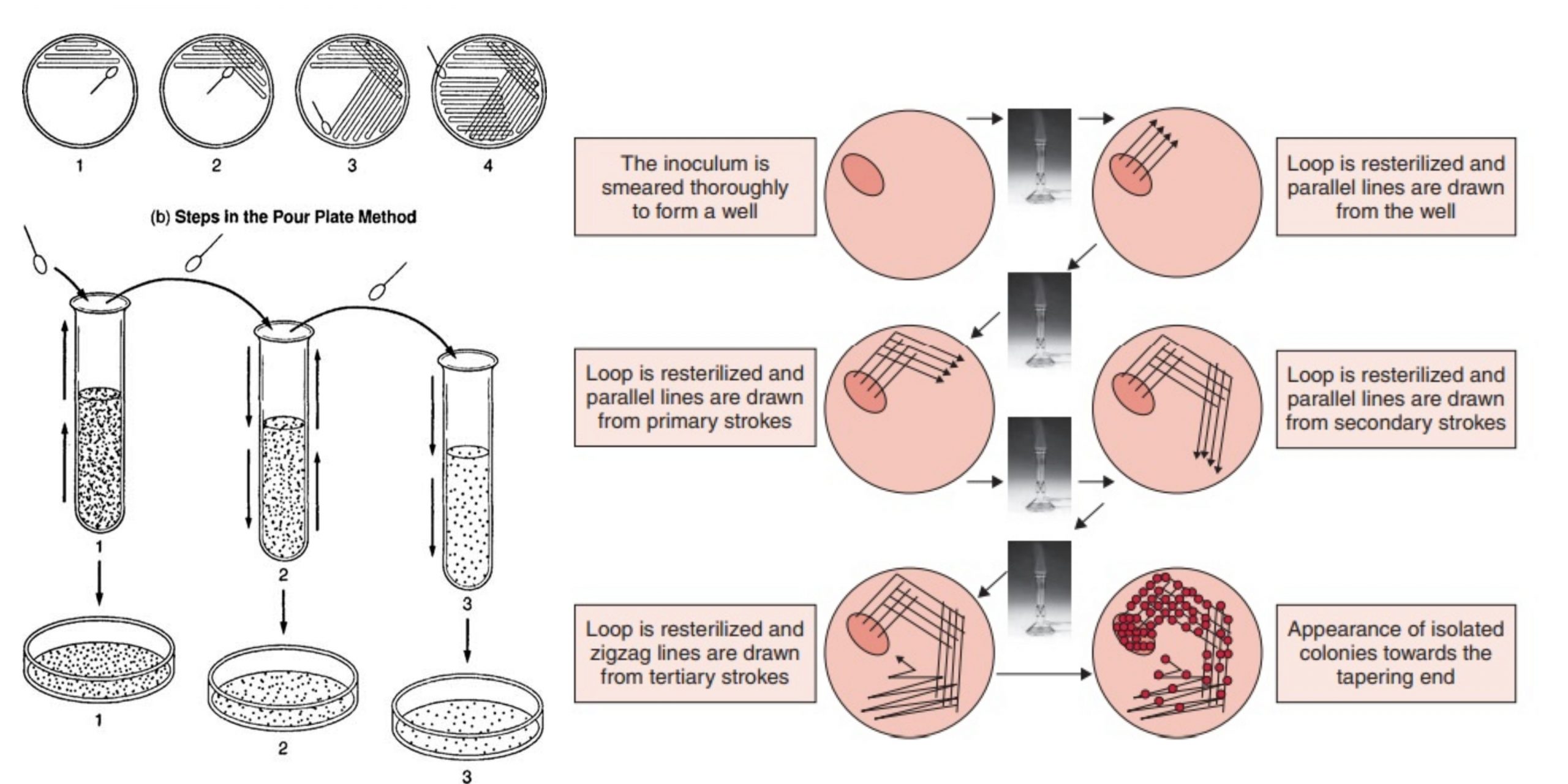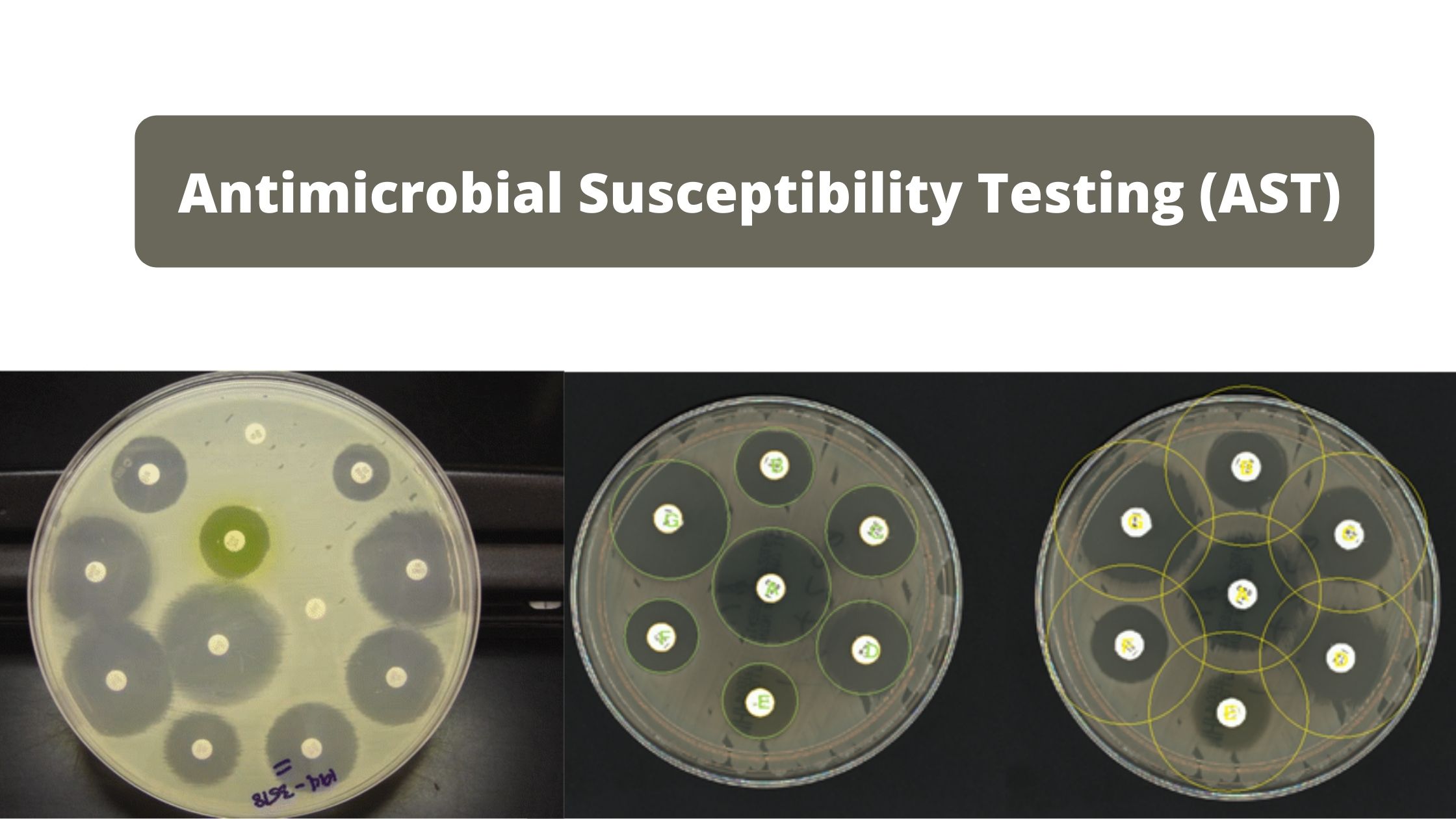Clostridium tetani – Overview
Tetanus is caused by C. tetani, an obligate anaerobic Gram-positive bacillus. Tetanus is an infectious disease characterised by increased muscle tone and spasms caused by the release of tetanospasmin, a neurotoxin produced by C. tetani when it is inoculated into humans. Morphology of Clostridium tetani C. tetani demonstrates the following characteristics: Geographical distribution of Clostridium … Read more
